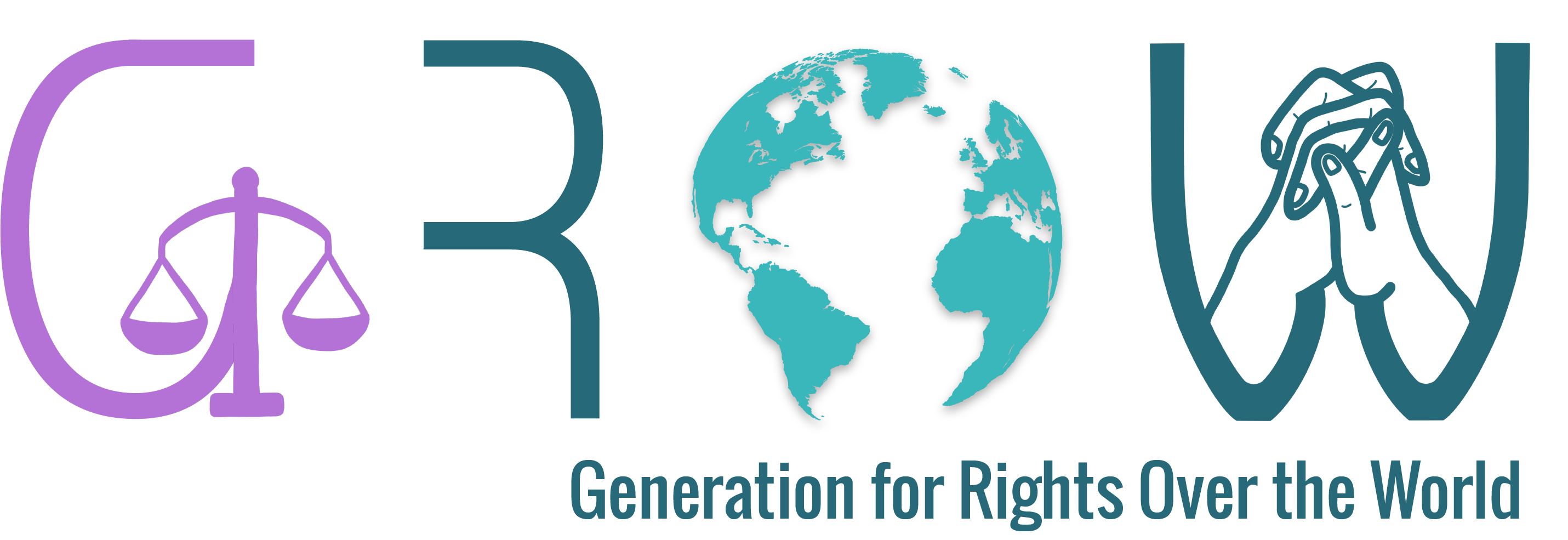INTRODUCTION
“Robert Badinter said: “if the right to life is not respected, none of the others will be”. In conclusion, only the enemies of human rights, which remain the essential symbol of progress, oppose the abolition of the death penalty. Now that it has been abolished, what remains is the penalty of elimination. Putting groups of “delinquents” out of action for a prolonged period”
Mounir, inmate in a French prison
With these words, used in a letter to L’Envolée, a newspaper specialising in the prison environment, the prisoner was denouncing the way in which decision-makers and, more generally, French society as a whole had neglected the issue of deaths in custody. Since Robert Badinter abolished the death penalty in France on October 9th, 1981, the issue of death under the law has been entirely removed from the political agenda. This historic moment seems to have been synonymous, for the majority of the population, with the end of legal decisions leading to the deaths of individuals for reasons of justice. Before then, death in prison was still relatively commonplace, since it was the result of a clear and precise legal decision. Since the abolition of death as a sentence of justice, the common mind seems to have accepted the idea that French prisoners no longer die in prison. Nonetheless, these court rulings continue to condemn people to death in prison every day. Furthermore, the conditions maintained in French prisons by the various authorities seal, and sometimes hasten, this sad fate. Although prisoners no longer die by guillotine, hanging, or lethal injection, they are now victims of long deaths, punctuated by the painful constraints of detention, which have a destructive impact on their physical and psychological health.
Deaths in prison are traditionally divided into two categories by the Prison Administration Department (DAP): violent deaths and natural deaths. Violent deaths include suicides, overdoses, and homicides, whereas natural deaths are those caused by life-threatening illnesses and medical conditions. However, these two categories are not proportional, since it is important to emphasise the overwhelming weight of suicides, which accounted for 123 out of 178 deaths in prisons in 2011. These dynamics, as well as the fact that death is still a frequent occurrence in French prisons, should encourage us to reflect on the conditions of detention of prisoners who are subject to various situations of vulnerability that could lead to their death. This debate is all the more pressing, given that the prison environment is very different from that of general society, since in the prison microclimate, any death is a violent and general shock, a heavy burden that is added to the already heavy burden of imprisonment.
The aim of this report is to examine the context of the different types of death in French prisons. For what reasons, both physical and psychological, do people still die in prison today? What role does the French administration play in these events? What measures have been put in place to prevent death in prison and to support fellow inmates when it does occur? To answer these questions, this report provides an overview of the specific situations surrounding violent deaths and natural deaths, as well as the many measures in place, with the aim of formulating recommendations to remedy the shortcomings identified in the prison system.
RECOMMENDATIONS
- GROW encourages French and international authorities to adopt a legal framework aiming at the implementation, through detention centres, of mental medical dispositions completing physical examination, to determine the aptitude of a detainee to be placed in detention with other detainees, which could reduce the risks of death due to murder or physical aggressions;
- GROW recommends the control of prison returns and visits be reinforced to reduce the illegal introduction of drugs and medicines, thus considerably reducing the risk of drug overdose;
- With regard to the previous point, GROW stresses the importance of addressing corruption in the prison environment and the role played by prison guards and staff in drug trafficking;
- GROW reaffirms the need of more transparency within the prison administration in its practices and results, both towards health workers, human rights activists, journalists but the prisoners’ families;
- GROW highlights the need to give the prison workers who are in direct contact with the vulnerable detainees, a more extensive training specific to the prevention and management of suicide;
- GROW pleads for special attention to be given to the “supporting co-detainee” tool (CDS for its French initials) and particularly to the psychological consequences that their mission can have on the voluntaries;
- GROW insists on the importance of extending the CDS system on the entirety of the French territory, especially by increasing the subventions given to the project, as well as to other similar projects;
- Given the psychological impact that a suicide can have, not only on the co-detainees, but also on the prison workers in contact with the victim, GROW asks for the continuous opening of psychological cells in the detention sectors affected by such events;
- GROW encourages the competent authorities, including the Ministry of Justice and the Direction on Prison Administration, to reevaluate the missions of both Specially Adapted Hospital Units (UHSA) and Prison Sanitary Units (USMP) to allow for better efficiency in regard to the treatment of suicidal troubles.
- GROW asks for the installation, in whichever prison cell occupied by detainees asking for care, of an emergency button, directly connected to the medical unit, in order to improve the time response for medical emergencies, erasing the messenger represented by the supervisor in that situation;
- GROW encourages the PAD to work towards the relieving of medical units acting in prison spaces, especially by raising their numbers, to allow a better time reaction when facing emergencies that could pose a threat to detainees’ lives;
- GROW asks for the relaxing of detention measures in UHSI of prisoners at the end of their life who cannot benefit from liberation measures, to allow for palliative care to be issued as well as a bigger proximity with their relatives;
- GROW insists on the necessity to take on measures to improve detention conditions in French prisons, especially by addressing prison overcrowding with decriminalisation measures, which would allow for the improvement of the general state of health of the prisoners;
- GROW calls for the procedures for obtaining release on medical grounds to be made more flexible, in particular SPRM and RLRM, and more specifically for the acquisition procedure to be shortened;
- When the death of a person in detention is announced, GROW recommends that the prison administration provide a list of mental health professionals able to receive the family members of the deceased person to help them begin the mourning process;
- GROW encourages the international and European community to think ambitiously about improving conditions of detention at the end of life, an issue that is still too often ignored in EU provisions.








[…] Voir l'article […]
[…] See the article […]
[…] La mort dans les prisons françaises […]
[…] GROW report on death in French […]
[…] rapport de GROW sur la mort dans les prisons […]